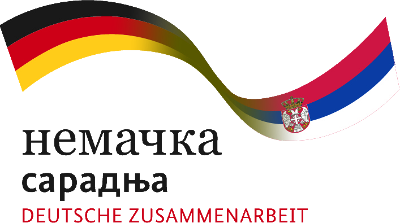10 December 2018
Challenges and good practice in DHS in Latvia
As its combination of concrete work with pilot district heating systems and its close cooperation with national and European multipliers to disseminate this experience broadly are unique features of the KeepWarm project, we would like to share this good practice but also challenges in participating countries. The second in this series is Latvia.
Salaspils Siltums - an example of DHS modernisation
Zemgale Regional Energy Agency (ZREA) is one of the project partners of KeepWarm. According to ZREA, the main challenges for district heating systems (DHS) in Latvia are financial: finding investment for their modernisation and the issue of customer's unpaid heating bills. Another challenge is to attract investment for using waste as fuel and to make it economically viable, because of a high natural resource tax.
But first and foremost, ZREA is highlighting one of the great examples of DHS modernisation in Latvia:
While Salaspils Siltums Ltd. from the city of Salaspils observed a rapid growth in 2010, an ambitious process of modernisation and optimisation has been launched. As a result, in 2016 the company reduced the amount of CO2 emissions by 80%, in comparison with 2011. At the same time, the tariff has been decreased by 23%. The company closely controls and analyses the use of resources. It has installed solar panels for providing itself with electricity. Salaspils Siltums is one of the first heat power companies in Latvia to acquire the international energy management certificate LVS EN ISO 50001:2012. The company has obtained World Excellence Award in Energy in 2017, while there is already another ongoing project: the establishment of solar collector systems with heat energy accumulation container and biomass boiler house with capacity 3MW.
ZREA is planning to organise a field trip to Salaspils Siltums in the framework of the next KeepWarm training session, at the beginning of 2019.
DHS pipes in Salaspils



